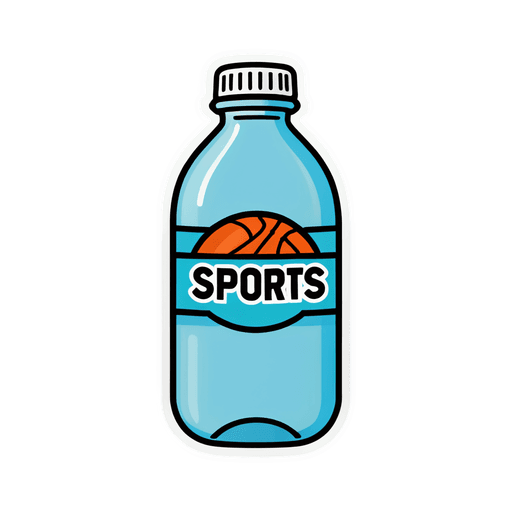Sugar-free sports drinks are generally keto-friendly with ~0g net carbs. They provide electrolytes (mainly sodium and potassium) without sugar, helping maintain hydration during heavy sweat or extended workouts. Note: flavors/sweeteners can increase cravings for some people—use mindfully.
Is Sugar-Free Sports Drink Keto?

Sugar-free sports drinks are generally keto-friendly with ~0g net carbs. They provide electrolytes (mainly sodium and potassium) without sugar, helping maintain hydration during heavy sweat or extended workouts. Note: flavors/sweeteners can increase cravings for some people—use mindfully.
- Net carbs (100g)0g
- Protein (100g)0g
- Fat (100g)0g
- Keto verdictKeto-friendly
NUTRITION FACTS
Per 100g (raw)
Source: USDA FoodData Central
WHY IT'S KETO-FRIENDLY
- Zero net carbs helps maintain ketosis during training
- Electrolytes (sodium, potassium, magnesium) support fluid balance
- No sugar means minimal insulin impact
- Useful for long or high-heat workouts where sweat losses rise
- Can reduce muscle cramps when sodium intake is adequate
- Convenient, ready-to-drink hydration option
HEALTH BENEFITS
- Electrolytes are crucial for nerve/muscle function and hydration
- Sodium aids fluid retention during intense exercise or heat
- Potassium supports heart rhythm and electrolyte balance
- Magnesium (if included) may reduce cramping and fatigue
- May improve perceived endurance in long sessions
- Helps prevent dilutional hyponatremia when hydrating heavily
PREPARATION SUGGESTIONS
DURING WORKOUT
Sip a sugar-free sports drink during cardio or high-intensity sessions to replace electrolytes lost in sweat.
POST-WORKOUT RECOVERY
Have one after exercise to replenish sodium/potassium alongside water and a protein-rich meal.
DURING FASTING WINDOW
Use an unsweetened or minimally sweetened electrolyte formula during extended fasts to maintain hydration and minerals.
INTENSE TRAINING
For multi-hour training, alternate sips of sports drink and water; target 300–600 mg sodium per hour depending on sweat rate.
HOT WEATHER HYDRATION
In hot climates, include electrolytes to replace sweat losses more effectively than plain water alone.
MIXED WITH WATER
Dilute with water to taste if the flavor is strong; aim for light, steady sipping rather than large gulps.